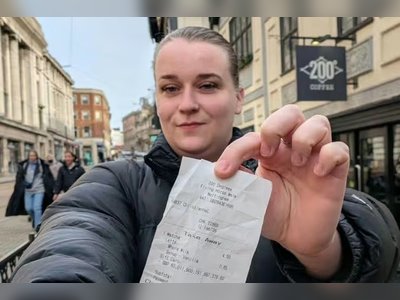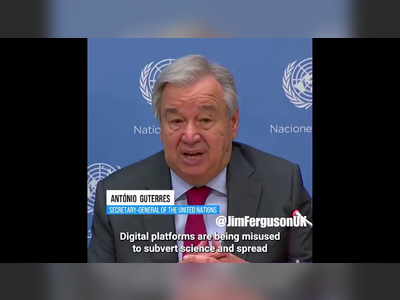Dutch Pharmacists’ Strike Spurs Medication Rush: A Rural Dilemma
Amid impending pharmacy closures, rural communities scramble to secure essential medicines.
Doetinchem – The looming shutdown of pharmacies across the Netherlands, slated for next week, has triggered a preemptive demand surge for medications, most acutely felt by rural populations.
Residents accustomed to relying on their local pharmaceutical outlets now face uncertainty regarding access to essential drugs, as strike plans disrupt traditional supply chains.
In less densely populated areas, where a single pharmacy often serves an expansive geographical region, the strike poses unique challenges.
Service pharmacies, usually the recourse during emergencies or out-of-hours access, can be too distant to provide timely assistance, especially for patients requiring urgent care.
This geographic constraint elevates the urgency of securing necessary prescriptions before the walkout occurs.
Nathalie Neijssel, a prominent pharmacist based in Doetinchem, has voiced her support for the industrial action, emphasizing the need for a strategic realignment within the sector.
‘But we have to draw a line,’ says Neijssel, highlighting the long-standing pressures within the industry as pharmacists grapple with tenuous working conditions and mounting administrative burdens.
The announcement of the strike has not only led to a medication purchasing frenzy but also sparked broader discussions about healthcare accessibility in rural areas.
This situation underscores the tension between maintaining operational viability for pharmacists and ensuring uninterrupted public access to medicines.
While pharmacists assert the necessity of the strike to improve working conditions, patients remain concerned about their immediate health needs.
As the deadline approaches, healthcare stakeholders and government bodies must navigate the delicate terrain of employee rights, patient safety, and service delivery.
The unfolding scenario in the Netherlands serves as a microcosm of challenges faced by healthcare systems globally, where the balance between cost-efficiency and comprehensive coverage continues to be a complex undertaking.
Residents accustomed to relying on their local pharmaceutical outlets now face uncertainty regarding access to essential drugs, as strike plans disrupt traditional supply chains.
In less densely populated areas, where a single pharmacy often serves an expansive geographical region, the strike poses unique challenges.
Service pharmacies, usually the recourse during emergencies or out-of-hours access, can be too distant to provide timely assistance, especially for patients requiring urgent care.
This geographic constraint elevates the urgency of securing necessary prescriptions before the walkout occurs.
Nathalie Neijssel, a prominent pharmacist based in Doetinchem, has voiced her support for the industrial action, emphasizing the need for a strategic realignment within the sector.
‘But we have to draw a line,’ says Neijssel, highlighting the long-standing pressures within the industry as pharmacists grapple with tenuous working conditions and mounting administrative burdens.
The announcement of the strike has not only led to a medication purchasing frenzy but also sparked broader discussions about healthcare accessibility in rural areas.
This situation underscores the tension between maintaining operational viability for pharmacists and ensuring uninterrupted public access to medicines.
While pharmacists assert the necessity of the strike to improve working conditions, patients remain concerned about their immediate health needs.
As the deadline approaches, healthcare stakeholders and government bodies must navigate the delicate terrain of employee rights, patient safety, and service delivery.
The unfolding scenario in the Netherlands serves as a microcosm of challenges faced by healthcare systems globally, where the balance between cost-efficiency and comprehensive coverage continues to be a complex undertaking.











